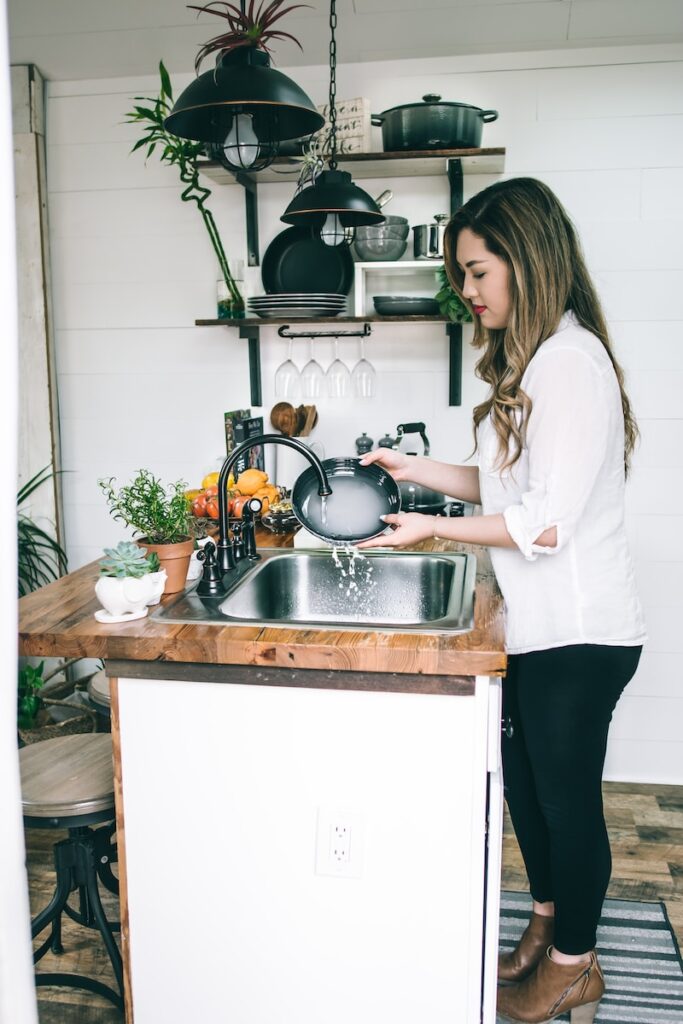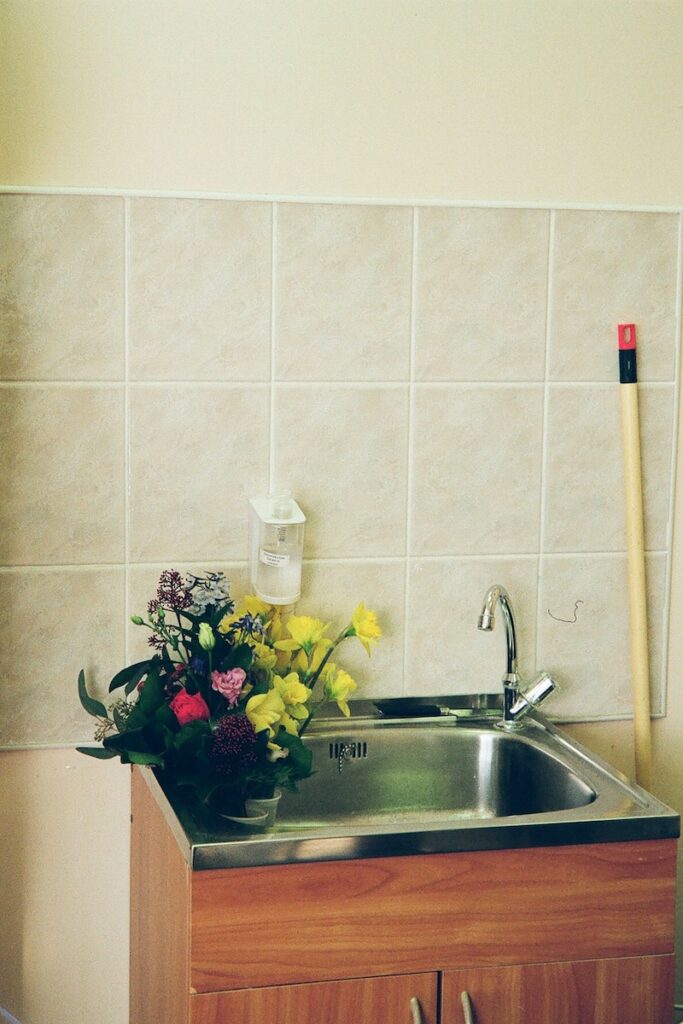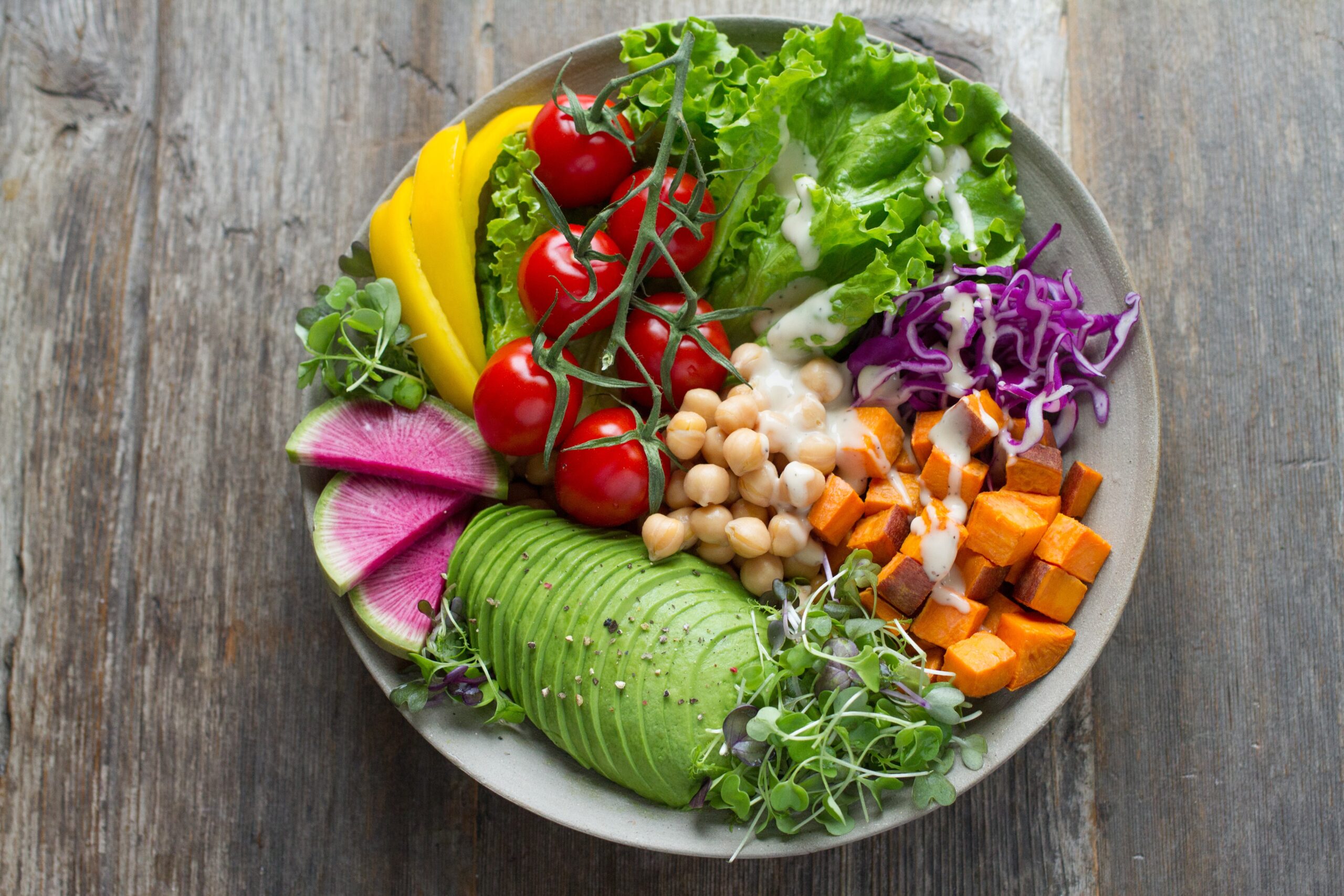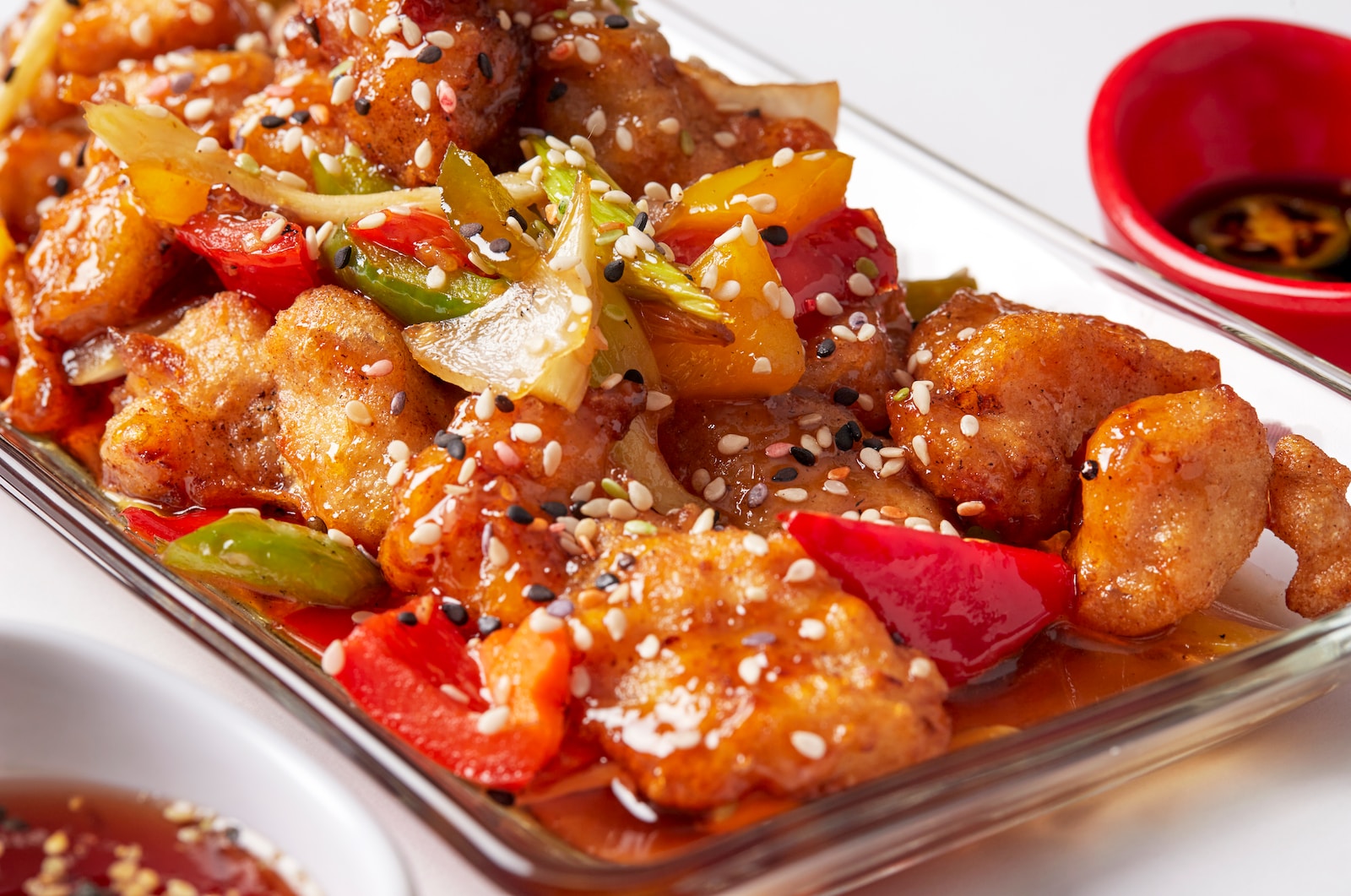If you’re someone who enjoys cooking but hates cleaning up, you’re not alone. Many chefs and home cooks alike struggle with the aftermath of a delicious meal. It can be frustrating to spend hours preparing a dish only to spend just as much time cleaning up the mess.
However, it’s important to remember that cleaning up is just as important as cooking itself. Not only does it ensure a safe and sanitary kitchen, but it also helps to prolong the life of your cooking tools and utensils. Neglecting to clean up properly can lead to a buildup of bacteria and germs, which can be harmful to your health and the health of those around you.
Key Takeaways
- Cleaning up is just as important as cooking itself.
- Proper cleaning helps to ensure a safe and sanitary kitchen and prolong the life of your cooking tools.
- Neglecting to clean up properly can lead to a buildup of bacteria and germs, which can be harmful to your health and the health of those around you.

The Art of Cooking
Cooking is an art form that requires both skill and creativity. Whether you are a professional chef working in a restaurant or a home cook preparing meals for your family, the art of cooking is all about creating delicious dishes that are both visually appealing and satisfying to the palate. In this section, we will explore the art of cooking and provide you with some tips and tricks to help you become a better cook.
Preparation and Organization
Before you start cooking, it is important to prepare and organize your ingredients. This process is known as mise en place, which means “everything in its place.” Mise en place involves measuring and preparing all of your ingredients before you start cooking. This helps to ensure that you have everything you need and that you can focus on the cooking process without having to stop and measure out ingredients.
When preparing your ingredients, it is important to use the right tools and equipment. For example, if you are working with meats, you will need a cutting board and a sharp knife. If you are working with spices, you may need a mortar and pestle to grind them. Make sure that your cooking surface is clean and ready to use before you start cooking.
Cooking Process
Once you have prepared your ingredients, it’s time to start cooking. The cooking process involves a series of steps that vary depending on the dish you are preparing. For example, if you are frying something, you will need to heat up the oil and then add the food to the pan. If you are cooking meat, you will need to sear it on both sides before cooking it to the desired temperature.
When cooking, it is important to pay attention to the details. This includes monitoring the temperature of your cooking surface, using the right amount of spices, and cooking meats to the right temperature. A line cook in a professional kitchen knows the importance of paying attention to the details and making sure that everything is cooked to perfection.
One of the most important aspects of the cooking process is meal prep. This involves preparing meals in advance so that you can easily cook them later. Meal prep can save you time and make it easier to eat healthy meals throughout the week. Food52 has some great meal prep ideas that you can try at home.
In conclusion, the art of cooking is all about preparation, organization, and attention to detail. Whether you are a professional chef or a home cook, these tips and tricks will help you become a better cook and create delicious dishes that everyone will love.
The Importance of Cleaning
As a chef, you may be focused on creating delicious meals, but it’s important to remember that cleaning up is just as crucial. A clean kitchen is not only a more pleasant environment to work in, but it also promotes food safety and prevents the spread of germs and bacteria. In this section, we’ll explore the importance of maintaining a clean kitchen and how to deal with spills and messes.
Maintaining a Clean Kitchen
Maintaining a clean kitchen involves more than just washing dishes and wiping down counters. It’s a continuous process that should be integrated into your cooking routine. One effective method is to clean as you go. This means washing dishes and utensils as you use them, wiping down counters and surfaces, and disposing of trash and food scraps in a timely manner.
To make cleaning as you go easier, keep a dish towel or paper towels within reach. Use them to wipe down surfaces and utensils as you work. When you’re finished with a dish or utensil, rinse it off and place it in the sink or dishwasher. This will prevent dirty dishes from piling up and make the cleaning process more manageable.
Another important aspect of maintaining a clean kitchen is keeping the garbage can empty and clean. Make sure to dispose of food scraps and trash regularly to prevent odors and pests. Consider using a garbage can with a lid to contain any smells.
Dealing with Spills and Messes
No matter how careful you are, spills and messes are inevitable in a busy kitchen. The key is to deal with them promptly to prevent stains and bacteria growth. For spills on the counter or floor, wipe them up with a damp cloth or paper towel. For spills on the stove or oven, turn off the heat and let the surface cool before wiping it up.
For more stubborn messes, consider soaking dirty dishes in hot, soapy water before washing them. This will loosen any stuck-on food and make them easier to clean. If you’re dealing with a particularly messy dish, consider using a separate cutting board or prep area to prevent cross-contamination.
In conclusion, maintaining a clean kitchen is essential for food safety, hygiene, and overall enjoyment of the cooking process. By cleaning as you go and dealing with spills and messes promptly, you can create a more efficient and enjoyable cooking environment.

Cleaning Tools and Utensils
When it comes to cooking, cleaning up can be a daunting task. However, proper cleaning of your kitchen tools and utensils is essential for maintaining their quality and ensuring that your food is safe to eat. In this section, we’ll go over some tips for cleaning your utensils and dealing with food scraps.
Proper Care for Utensils
Proper care for your utensils is essential for maintaining their quality and ensuring that they last a long time. Here are some tips for cleaning and caring for your utensils:
- Wash your utensils with warm, soapy water after each use. This will help remove any food particles or bacteria that may be present.
- Dry your utensils thoroughly with a dish towel or paper towel after washing to prevent rust and other damage.
- Store your utensils in a dry place to prevent rust and other damage.
- Use a non-abrasive cleaner to remove any stubborn stains or food particles.
Dealing with Food Scraps
Food scraps can be a hassle to deal with, but proper disposal is essential for maintaining a clean and safe kitchen. Here are some tips for dealing with food scraps:
- Use a garbage can with a lid to prevent odors and pests.
- Line your garbage can with a plastic bag to make disposal easier.
- Use a separate container for compostable food scraps, such as fruit and vegetable peelings.
- Use a cutting board with a groove to catch food scraps and prevent them from falling on the floor.
- Use bark or other natural materials to cover the bottom of your garbage can to absorb odors.
By following these tips, you can ensure that your kitchen tools and utensils are clean and safe to use, and that your food scraps are disposed of properly.
Professional Kitchens vs Home Kitchens
When you think of a professional kitchen, you might picture a bustling restaurant with a team of chefs working together to create gourmet dishes. In contrast, a home kitchen is often a more relaxed and casual environment where you can experiment with new recipes and cook for your family and friends. While both types of kitchens have their advantages, there are some key differences to keep in mind.
One of the biggest differences between professional kitchens and home kitchens is the level of organization and cleanliness. In a restaurant, everything has its place, and chefs are expected to keep their workstations clean and tidy at all times. This level of organization is essential for ensuring that dishes are prepared efficiently and to a high standard. In contrast, a home kitchen may be more cluttered, with pots and pans stacked up on the stove and ingredients scattered across the countertop.
Another difference between professional kitchens and home kitchens is the equipment available. In a restaurant, chefs have access to a wide range of specialized tools and appliances, from sous vide machines to industrial mixers. These tools allow them to prepare complex dishes quickly and efficiently. In a home kitchen, you may not have access to the same level of equipment, but you can still create delicious meals using basic tools like a chef’s knife and a cutting board.
One thing that both professional kitchens and home kitchens have in common is the need for cleanliness. In a restaurant, chefs are expected to clean as they go, wiping down surfaces and washing dishes throughout the day. This helps to prevent cross-contamination and ensures that the kitchen stays hygienic. In a home kitchen, it’s important to clean up as you go as well, wiping down surfaces and washing dishes as you cook. This not only helps to keep your kitchen clean but also makes the cleanup process much easier once you’re finished cooking.
Overall, there are some key differences between professional kitchens and home kitchens. While a restaurant kitchen may be more organized and have access to specialized equipment, a home kitchen can still be a great place to experiment with new recipes and cook for your loved ones. Regardless of where you’re cooking, it’s important to keep your kitchen clean and organized to ensure that your dishes turn out delicious every time.

Frequently Asked Questions
How can I find a chef who is willing to cook but not clean up?
Finding a chef who is willing to cook but not clean up can be challenging. However, you can try searching for personal chefs or catering services that offer cooking-only services. You can also ask for referrals from friends or family members who have hired chefs in the past.
What are some alternatives to hiring a chef who won’t clean up?
If you cannot find a chef who is willing to cook but not clean up, you can consider other alternatives such as meal delivery services, meal prep services, or hiring a cook who is willing to both cook and clean up. These options can still provide you with delicious meals without the added stress of cleaning up.
Is it common for chefs to only want to cook and not clean?
It is not uncommon for chefs to only want to cook and not clean. Many chefs prefer to focus solely on the cooking aspect of their job and leave the cleaning to others. However, not all chefs have this preference, so it’s important to communicate your needs and expectations with potential candidates.
Are there any professional services that offer cooking without cleaning?
Yes, there are professional services that offer cooking without cleaning. Personal chefs or catering services may offer cooking-only services, and you can also search for meal delivery or meal prep services that provide pre-cooked meals for you to heat up and enjoy.
How can I negotiate with a chef to cook but not clean?
When negotiating with a chef to cook but not clean, it’s important to be clear about your expectations from the beginning. You can offer to pay a higher rate for cooking-only services or negotiate a separate fee for cleaning services. It’s important to find a solution that works for both you and the chef.
What are the best ways to keep a kitchen clean while cooking?
To keep a kitchen clean while cooking, it’s important to clean as you go. This means wiping down surfaces, washing dishes, and putting away ingredients as you finish using them. You can also use designated cutting boards and utensils for different types of food to prevent cross-contamination and make cleaning up easier. Additionally, you can hire a cleaning service to deep clean your kitchen on a regular basis.
About the author
Dr Harlan Kilstein has been fascinated by cooking and food technology since he was young.
He has worked in the catering industry for many years.
He has authored more than a dozen recipe books in the Keto niche including Speed Keto, Speed Keto RFL (Rapid Fat Loss) and many more.




